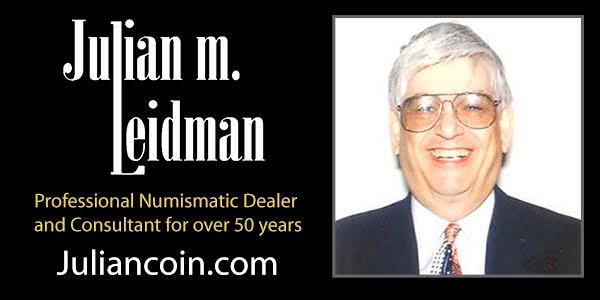
PREV ARTICLE
NEXT ARTICLE
FULL ISSUE
PREV FULL ISSUE
AMERICA: A NATION OF CLUBSAnother institution important to our hobby is the local club. This article discusses the history, place and decline of clubs in America, and how they're making a comeback of sorts. -Editor AMERICA: A NATION OF CLUBS
"These organizations were important to American democracy because they were democratic in their internal governance," says Peter Levine, a professor of political science at Tufts. "They were local, but they were also federated so they brought America together. They were gender and race segregated as a whole, but they went across class, creating cross-class solidarity." As Levine points out, while the clubs of the past brought together people of different socioeconomic backgrounds, they were exclusionary in many other ways. Many clubs were gender segregated based on stereotypes about masculinity and femininity: Men tended to be in business organizations, while women were part of quilting and charity clubs, then later in suffrage groups. And, until the 1960s, clubs tended to be racially segregated. For instance, minorities were very literally excluded from business clubs that were historically white, making it impossible for them to create the kinds of networks that would be valuable for career advancement. Over the last few decades, sociologists and political scientists have found that American clubs of all stripes-from youth service clubs to bowling leagues-have experienced steep declines in their memberships. Meanwhile, a new kind of club is rising up in major cities. These are stylishly designed, members-only spaces that often come with a high price tag, thereby limiting membership to the wealthy and privileged. In other words, there are fewer clubs that bring together people of different socioeconomic backgrounds across the country and a growing number that are designed for a class of digitally native, urban professionals. All of this is changing the social landscape of the United States. What accounts for the sharp decline in traditional clubs and organizations? How will this new breed of elite club change American society? And perhaps most importantly, is there a way to bring back free, or inexpensive, clubs that will allow more Americans to participate in communities and engage civically? BRINGING BACK THE COMMUNITY CLUB
Theda Skocpol, the Harvard political scientist, believes that to create a better society we need to break down some of these class lines. "One answer to improving the nation's civic life will turn out, I believe, to lie in encouraging privileged Americans to rejoin-or recreate-the group settings in which they have a daily chance to work with a broad cross-section of fellow citizens to address the nation's concerns," she writes in the Brookings Review. The complete article is available online and well worth reading in full. -Editor To read the complete article, see:

Wayne Homren, Editor The Numismatic Bibliomania Society is a non-profit organization promoting numismatic literature. See our web site at coinbooks.org. To submit items for publication in The E-Sylum, write to the Editor at this address: whomren@gmail.com To subscribe go to: https://my.binhost.com/lists/listinfo/esylum All Rights Reserved. NBS Home Page Contact the NBS webmaster 
|